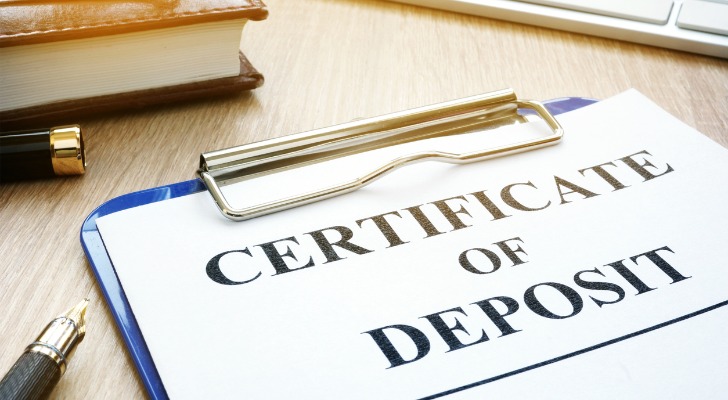

Online banks generally pay higher interest rates on deposits and charge fewer fees for services than traditional banks. On the other hand, online-only banks can’t compare to brick-and-mortar branches of a traditional bank when it comes to dispensing physical dollars and cents in the form of bills and coins. Online bank customers who need cash do have options, however, including using debit cards for cash-back transactions at participating merchants, requesting paper checks and arranging wire transfers.
A financial advisor can help you compare different banking options for your financial plan goals.
Traditional banks often fall short when comparing fees charged, interest paid and other features offered by online competitors. But while online bank customers typically enjoy higher returns and lower costs, they’re likely to be less happy if they need to withdraw cash from their online accounts.
Lacking physical branches and in some cases ATM networks, online banks may require their customers to go through some extra steps in the event they have to have actual folding money. However, even if it’s sometimes more complicated, getting cash from an online account can be done. Here are five common options for getting cash from an online bank:

Online bank customers who need cash can’t go to physical branches to get it as customers of traditional banks can. However, they may be able to get extra cash back when using online bank debit cards to buy items at many merchants. Some online banks participate in ATM networks that let their customers withdraw cash. Others refund ATM fees incurred by customers using their online bank debit or ATM cards for withdrawals. Mailed paper checks offer another option. And online bank customers who also have traditional bank accounts may consider transferring funds electronically from online to traditional account and then withdrawing cash at a branch or ATM.
Photo credit: ©iStock/zamrznutitonovi, ©iStock/BakiBG
Mark HenricksMark Henricks has reported on personal finance, investing, retirement, entrepreneurship and other topics for more than 30 years. His freelance byline has appeared on CNBC.com and in The Wall Street Journal, The New York Times, The Washington Post, Kiplinger’s Personal Finance and other leading publications. Mark has written books including, “Not Just A Living: The Complete Guide to Creating a Business That Gives You A Life.” His favorite reporting is the kind that helps ordinary people increase their personal wealth and life satisfaction. A graduate of the University of Texas journalism program, he lives in Austin, Texas. In his spare time he enjoys reading, volunteering, performing in an acoustic music duo, whitewater kayaking, wilderness backpacking and competing in triathlons.
Read More About Checking Account



More from SmartAsset
SmartAsset Advisors, LLC ("SmartAsset"), a wholly owned subsidiary of Financial Insight Technology, is registered with the U.S. Securities and Exchange Commission as an investment adviser. SmartAsset's services are limited to referring users to third party advisers registered or chartered as fiduciaries ("Adviser(s)") with a regulatory body in the United States that have elected to participate in our matching platform based on information gathered from users through our online questionnaire. SmartAsset receives compensation from Advisers for our services. SmartAsset does not review the ongoing performance of any Adviser, participate in the management of any user's account by an Adviser or provide advice regarding specific investments.
We do not manage client funds or hold custody of assets, we help users connect with relevant financial advisors.
This is not an offer to buy or sell any security or interest. All investing involves risk, including loss of principal. Working with an adviser may come with potential downsides such as payment of fees (which will reduce returns). There are no guarantees that working with an adviser will yield positive returns. The existence of a fiduciary duty does not prevent the rise of potential conflicts of interest.